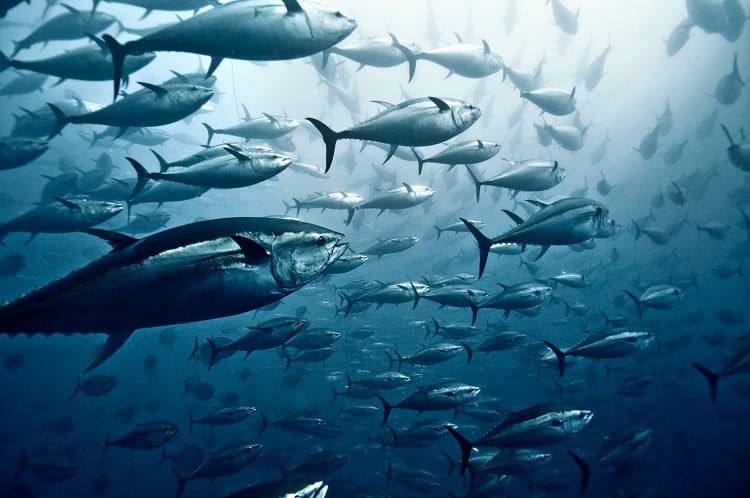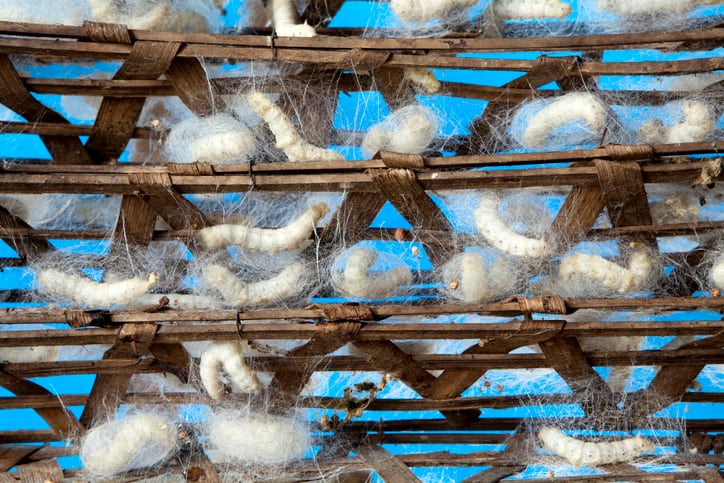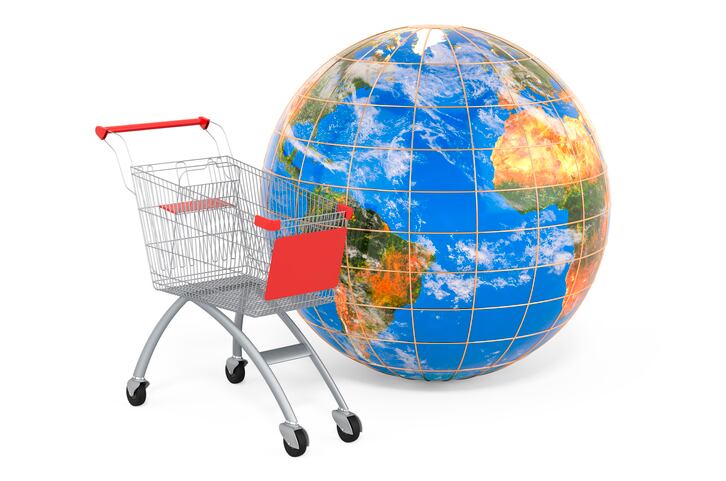There have been many innovations and initiatives to make tuna fishing more transparent, but a new report by Planet Tracker has revealed that 56% of the 30 largest tuna companies’ catch is untraceable.
With more than half of this tuna catch in the ‘dark’, Planet Tracker could only conclude that many of these companies could be fishing with the Automatic Identification System (AIS) switched off more than on.
Francois Mosnier told AgTechNavigator that that the technology used for tracking tuna fishing activity can adequetly help companies obtain and publish catch volumes by species, location and gear.
“Multiple tools allow for real-time vessel monitoring but are conditioned on companies keeping their AIS system on,” said the head of Planet Tracker’s Ocean Programme.
He added: “This does not require any new tech, just the willingness to do it.”
Meanwhile, new tools are being developed to keep track of the fishing vessels, even without AIS switched on.
Mosnier highlighted synthetic aperture radar (SAR) satellites, optical satellite imagery, crowdsourced radar detection from participating vessels, and Signals Intelligence (SIGINT).
“These tools are the necessary condition to provide the data needed for robust, full chain traceability. It would also be great to see companies investing more in climate tools — [considering] evolution of sea surface temperature and other key drivers of future tuna biomass — since climate change is significantly affecting tuna distribution,” he said.
Incentivising transparency
Mosnier called on governments to use fishing subsidies to promote transparency in tuna fishing.
“The majority of fishing subsidies are considered harmful because of their direct or indirect impact on fish stocks but cutting them is difficult politically. Redirecting them to encourage greater transparency would be very beneficial.”
He added that there has been research on how this approach could work in China’s fishing industry, and the results were very promising.
Additionally, there is a a global agreement from the World Trade Organization (WTO) signed in 2022, that would ban subsidies for illegal or unregulated fishing and for fishing in overfished areas.
“That could be the trigger for governments to start redirecting such subsidies,” said Mosnier
However, the agreement still needs 10 more countries to officially approve it.
Swimming in the dark
Planet Tracker traced 2,153 fishing vessels to the world’s largest tuna harvesting companies.
The report focused on the 30 largest harvesters of tuna globally.
Together, these companies account for 46%, or 2.4 million tonnes, of the global tuna catch.
According to the report, only four out of 30 firms report any tuna catch volumes.
Furthermore, it claimed there was little transparency on other information such as species caught, location, catch methods and certification levels.
The reported said that only one of the 30 companies, Bolton Group, discloses this data.
Why clarity counts
According to Planet Tracker, boosting catch transparency not only lowers investor risk but also delivers a net financial benefit.
Without knowing what, where, how much and how companies fish, investors cannot know which of them are most exposed to sustainability risks.
Whilst most tuna stocks are not overfished, tuna biomass has declined by 40% to 80%, said Planet Tracker.
Altogether, it claims the Tuna 30 extract 12% of their catch from stocks that are not at healthy levels of abundance or that are experiencing or might experience overfishing.
Responsible tuna fishing is vital as it is a top predator in the food chain.
However, several tuna species are threatened with extinction and the research finds that many of these top companies are key harvesters of threatened species.
Planet Tracker urged investors to demand full disclosure from tuna companies on catch data and AIS compliance as a baseline for responsible investment.
“Better transparency, in the form of corporate disclosure on catch and AIS usage, is crucial to help investors understand the exact risks their portfolios are exposed to. We cannot distinguish good behaviour from bad behaviour without first knowing what is actually being caught, where and how on a company-by-company basis,” said Mosnier.





